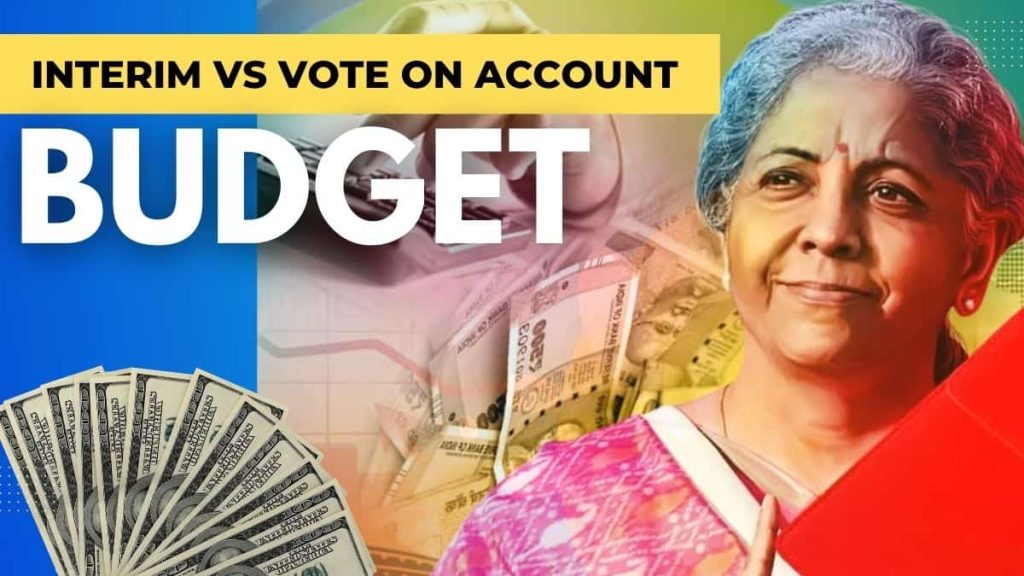January 17, 2024
Understanding the Distinction Between Interim Budget and Vote-On-Account
Introduction:
• As the Finance Minister gears up to unveil the sixth consecutive Budget, the context of a general election year prompts a closer look at the options available to the government. In such a crucial period, the government can opt for either an Interim Budget or a Vote-on-account, deviating from the regular full Budget.
Interim Budget Overview:
• An Interim Budget functions as a provisional framework to manage short-term expenditures until a new government assumes office at the central level. Its scope typically spans a few months, and it encompasses vital elements such as the current economic status, plan and non-plan expenditures and receipts, changes in tax rates, revised estimates for the ongoing financial year, and projections for the upcoming financial year. Despite covering the entire year, the Interim Budget operates within constraints imposed by the Election Commission. These restrictions aim to curb the implementation of policies that might unduly influence the public before voting commences.
Vote-On-Account Essentials:
• On the other hand, the Parliament passes a Vote-on-account to address essential expenditures like salaries of central government staff, funding ongoing projects, and other government outlays. This mechanism accounts only for expenditures to be borne by the outgoing government for a period of two months, extendable to four months under special circumstances. The Vote-on-account is intricately linked with the Interim Budget, aligning with its financial plan during a transitional period, typically the last few months of the current government’s tenure. Similar to a full budget, the Interim Budget undergoes discussion and approval in the Lok Sabha, while the Vote-on-account receives approval without formal discussion.
Key Differences:
• While an Interim Budget retains the authority to propose changes in the tax regime, a Vote-on-account lacks this prerogative under any circumstances. The Vote-On-Account essentially signifies parliamentary approval to withdraw funds from the Consolidated Fund of India from April to June/July or until the new government presents its comprehensive budget. Termed as an advance grant, interim arrangement, and authorization for the outgoing government to draw funds from the mentioned fund, it primarily caters to short-term expenditures.
Validity Period:
• In terms of validity, the Interim Budget holds throughout the year, providing a comprehensive fiscal plan. Conversely, the Vote-on-account is valid for a more limited duration, ranging from two to four months.
Conclusion:
• Understanding the nuanced distinctions between an Interim Budget and a Vote-on-account is crucial, especially in the backdrop of a general election year. Each serves a unique purpose, navigating financial responsibilities during the transitional phase, ensuring fiscal prudence, and respecting the constraints imposed by the electoral process.
January 30, 2025
January 20, 2025
January 14, 2025

